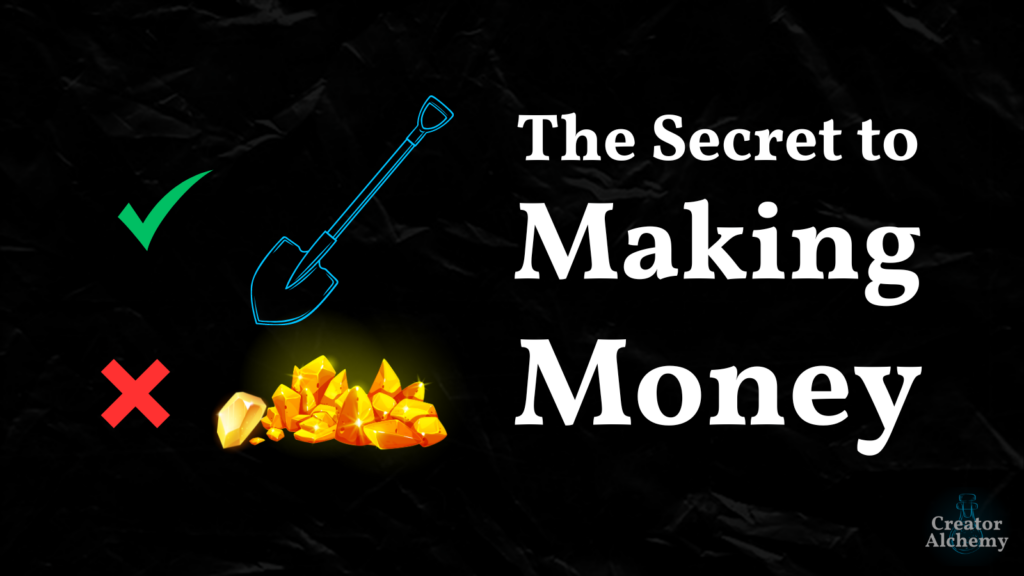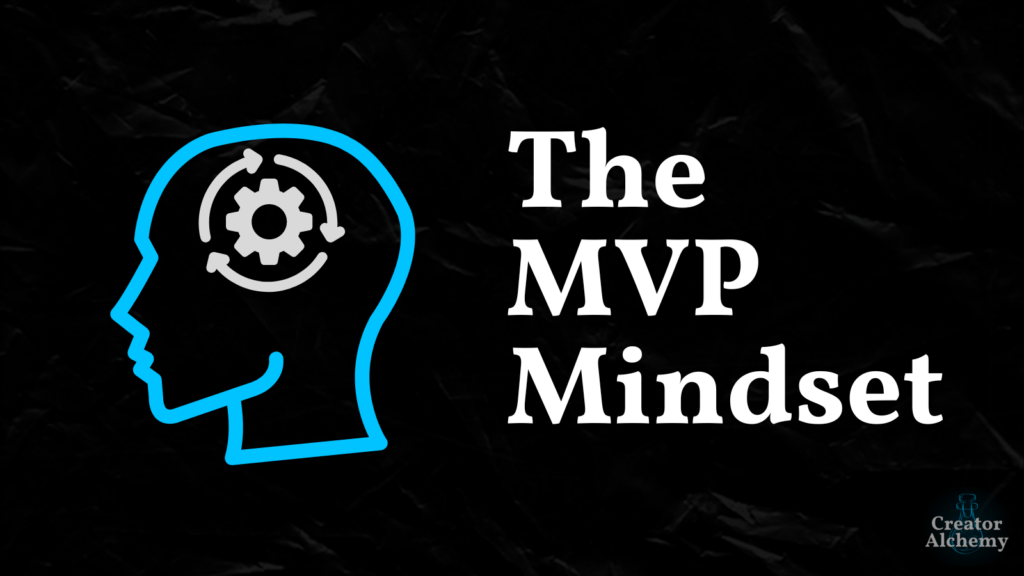Imagine you have two cartons of milk in your fridge.
One expires in two weeks.
The other expires in two days.
Which do you drink first?
Obviously, the one getting ready to expire.
Expiration dates serve an important function:
They remind us that things don’t last forever.
Keeping an eye on the expiration dates on our food helps us prevent waste.
Think of that package of spinach that’s been hiding in the back of your fridge.
You meant to eat it, but forgot about it.
By the time you remember and want to enjoy it, it’s turned slimy and discolored.
All the potential that spinach had is gone. Dead.
We all have an expiration date.
We just don’t know what it is.
But we can guesstimate.
The current life expectancy is around 80 years. A lot of factors play into when you’ll actually die, but let’s keep it simple and use 80.
If you died on your 80th birthday, how much time do you have left?
Write it on your milk carton.
That’s your expiration date.
How many years, weeks, days, hours, do you have left?
•••
An expiration date is a deadline in the most literal sense.
It’s why we rush to tell people we love them when they’re in the hospital.
It’s why there are so many deathbed confessions.
It’s why you see so much emotion and people professing their love before deployment.
People wait until the last minute before they tell others how they really feel, before they’re honest with themselves, and before they make the most of the time they have left.
Each of us has an expiration date.
As does everyone around us.
Deadlines force us to prioritize what to do first so we can make the most of the time we have left.
So our milk—our life—doesn’t go to waste.
•••
Think about it in terms of procrastinating.
Procrastinators are actually great at getting things done—when there’s a deadline.
That deadline kicks their ass in gear and focuses their time and energy toward achieving their goal by a certain time.
Without that deadline, there would be no accountability, no fire under their ass to drive them to achieve their goal.
This is Parkinson’s Law in action: Work expands to fill the time available for its completion. The more time you give yourself to do something, the more time it will take you to do it.
Think of your ideal life—the one where you’ve reached your potential and spend each day doing fulfilling work.
How long do you think it’ll take you to achieve it?
•••
Don’t fall into the Save, Slave, Retire trap. If you wait until you’re 65 to start enjoying life, it could be too late.
Here’s writer and entrepreneur, Kevin Kelly’s advice on being intentional with how you live and work:
“I am now 55 years old. Like a lot of people in middle age, my late-night thoughts bend to contemplations about how short my remaining time is. Even with increasing longevity, there is not enough time to do all that I want. Nowhere close.
My friend Stewart Brand, who is now 69, has been arranging his life in blocks of 5 years. Five years is what he says any project worth doing will take. From the moment of inception to the last good-riddance, a book, a campaign, a new job, a start-up will take 5 years to play through. So, he asks himself, how many 5 years do I have left? He can count them on one hand even if he is lucky.
So this clarifies his choices. If he has less than 5 big things he can do, what will they be?”
If 80 or 65 seem too far away to spend time today thinking about, you can narrow your focus.
•••
One way to make the most of each day is to set micro-expiration dates to prioritize what matters most. You can set them for 5 years from now, like Kelly’s friend, or make smaller ones.
How much could you accomplish in a year, a quarter, a month, a week, a day, an hour—if you set micro-expiration dates?
Because when you keep your ultimate expiration date in mind, you’ll gain clarity on what truly matters.
You’ll stop putting off for tomorrow what you can do today.
Because you have one life to live, why waste it doing things that make you miserable? Maybe your job pays well, but how much time does it require you to spend away from your family? How long have you procrastinated writing that book, learning to play an instrument, studying a foreign language, or traveling because you’ll “get around to it someday?”
How much time do you have left until your ultimate expiration date?
How can you overcome the obstacles keeping you from making your ideal life a reality, so you can prioritize work that truly matters?
If you feel stuck and don’t know which direction to take your life, remember the date on your milk carton.



